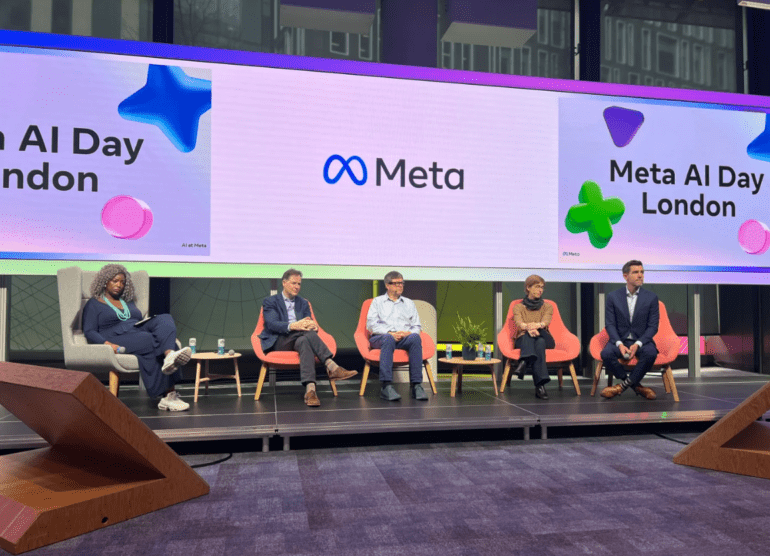- Meta announces the imminent release of Llama 3, its next-gen language model for generative AI.
- Llama 3 aims to address criticisms of previous versions by offering enhanced capabilities and broader topic coverage.
- Meta plans to deploy Llama 3 across various products, competing with OpenAI’s ChatGPT.
- Despite Meta’s cautious approach, skepticism from within the AI community persists, with Yann LeCun advocating for alternative AI architectures.
Main AI News:
During an event in London, Meta affirmed its plans to release Llama 3, the forthcoming iteration of its extensive language model used to fuel generative AI assistants, within the imminent month, confirming a report by The Information. “Within the next month, actually less, hopefully in a very short period of time, we hope to start rolling out our new suite of next-generation foundation models, Llama 3,” stated Nick Clegg, Meta’s president of global affairs. He hinted at the release of various iterations or versions of the product with differing capabilities and versatilities. “There will be a number of different models with different capabilities, different versatilities [released] during the course of this year, starting really very soon,” he added.
Chris Cox, Meta’s Chief Product Officer, elaborated on the plan, indicating that Llama 3 will empower multiple products across Meta. The company’s push for Llama 3 comes as it strives to catch up with OpenAI, whose ChatGPT captivated users over a year ago. Meta’s cautious approach with AI, though, has drawn criticism, particularly for the perceived limitations of previous versions of Llama. Llama 3, with its broader scope, aims to address these concerns by not only improving accuracy in answering questions but also by handling a wider array of topics, including more controversial ones.
Joelle Pineau, Meta’s Vice President of AI Research, articulated the company’s ambition for Llama-powered Meta AI to become the most useful assistant globally, although she acknowledged that considerable work remains. Notably, Meta’s Llama line, built as open-source products, reflects a distinct philosophical approach to AI development, intended to resonate with developers. Despite this openness, Meta appears cautious, especially concerning generative AI beyond text generation. The company is withholding the release of Emu, its image generation tool, citing concerns about latency, safety, and ease of use.
Interestingly, even as Meta endeavors to launch Llama 3, it faces skepticism from significant figures within the generative AI field. Yann LeCun, Meta’s Chief AI Scientist, expressed skepticism about generative AI overall, instead favoring joint embedding predicting architecture (JEPA). LeCun believes JEPA represents the future of AI, advocating for a shift away from generative AI models.
Conclusion:
The unveiling of Meta’s Llama 3 signifies a strategic move to bolster its position in the competitive generative AI market. By addressing past criticisms and emphasizing openness through open-source development, Meta aims to capture developers’ favor while expanding its user base. However, skepticism from influential figures like Yann LeCun underscores the ongoing debate surrounding the future direction of AI technology, hinting at potential shifts in market dynamics and the emergence of alternative approaches.

